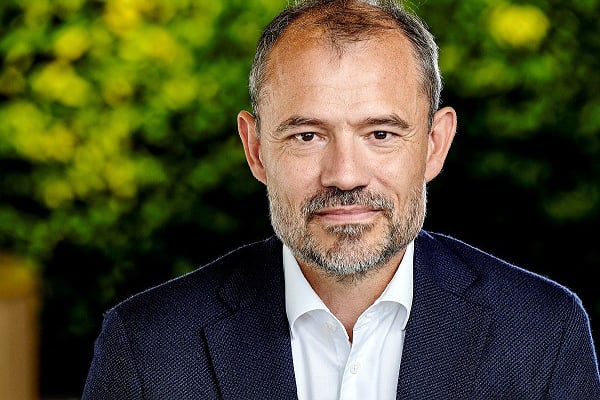Executive Director Jesper Gyllenborg on Region Zealand’s Research Strategy.
Excerpt from a news article on Region Zealand’s internal platform:
It should be easier for all professional groups to conduct research in Region Zealand, and the region’s researchers should become experts in the conditions affecting the largest number of people. These are some of the key elements of a new research strategy.
Citizen-Centred Research
Research from Region Zealand should make a difference for as many citizens as possible. Therefore, researchers will focus even more on studying and becoming leading specialists in the diseases most commonly affecting people, such as diabetes, COPD, cancer, and psychiatric disorders. This will be achieved through an increased emphasis on citizen-centred research.
This is one of the key elements of the new research strategy recently adopted by the Regional Council.
“We mean it when we say that Region Zealand exists for its citizens. We do not conduct research for the sake of research but for the benefit of the public,” says Regional Council Chairman Heino Knudsen.
“Our skilled, courageous, and curious researchers should engage in even more research that is close to and centred around the needs of the citizens. The research should be quickly applicable to enhance prevention, improve treatment, and extend healthy life years for as many people as possible.”
Making research accessible to all professional groups in Region Zealand and ensuring that researchers specialise in the most common diseases are core elements of the new research strategy.
Research to Combat Health Inequality
In many areas, Region Zealand has fewer healthcare staff per citizen compared to the rest of the country.
For this reason, citizen-centred research is becoming even more crucial in the coming years, as the region faces an ageing population and an increase in chronic and multi-morbid conditions.
“It is vital that research contributes to the overall development of the region’s healthcare system, ensuring better and more sustainable treatments for more people, as close to home as possible. That is why our research projects must extend beyond hospitals and involve other sectors, such as community healthcare services—something that is already happening in several cases,” says Jens Ravn, Chairman of the Committee for Prevention, Prehospital Services, Research, and Innovation.
For example, researchers at Zealand University Hospital are currently investigating how to improve the transition from hospital to home for citizens over 65 (Bridging Safe Elderly Care) , with the aim of reducing unnecessary hospital readmissions.

